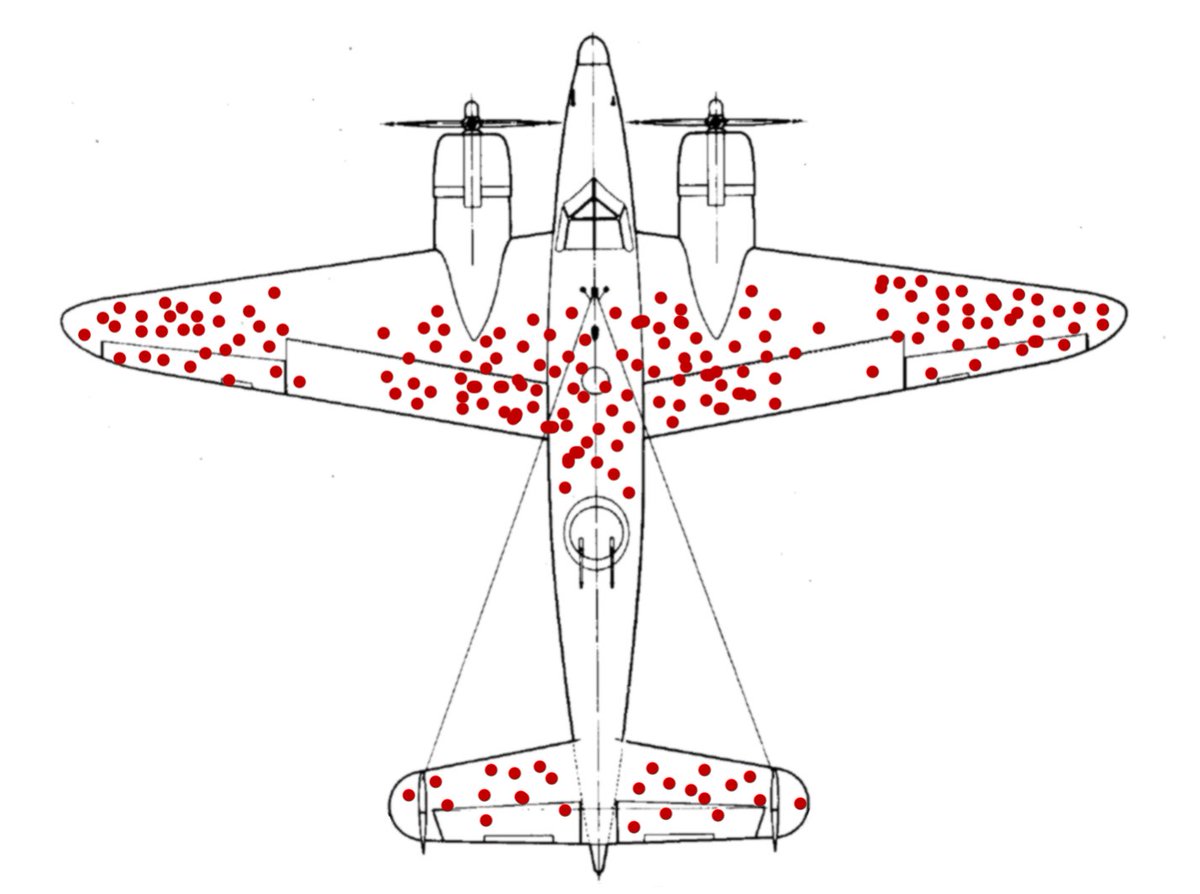
Philosophy and Game Theory at Carnegie Mellon 🦚 Research the interface between philosophy, economics, and biology 💱
How to get URL link on X (Twitter) App

https://twitter.com/seanmcarroll/status/16707956307997163521. I don't care that you are an expert. You have not prepped for the debate. In college, we scouted. A lot. Knowing the subject matter is not enough, you need to know what your opponent is going to say and prepare specifically for that.
https://twitter.com/mjacquart/status/14308850081814036501. Be specific about your knowledge of the student. Detail how you know the student and on what basis you make a judgment. We (seriously) get letters where it's not clear the faculty knows the student very well, but still says incredibly nice things.
https://twitter.com/beanosophy/status/1413921407629619202First, unless I knew someone really well, I would be cautious saying something is "not worth it." I don't know how much value someone puts on learning philosophy or how much $ they have. How could I possibly judge whether something was worth it for them?
https://twitter.com/EllyVintiadis/status/1407211369284485121Since I'm a philosopher, I need to know what counts as philosophy? Let's start with a simple version: has there been progress on the questions asked by people who were called "philosophers"?

https://twitter.com/EpiEllie/status/1341205977127923715@msolomonphd gives an important example that should give folks pause: continental drift. When the idea was first proposed, most of the evidence suggested it was wrong. Had scientists been dispassionate observers, they should have abandoned the idea right away.
https://twitter.com/sahilkapur/status/1316003676918513664We often talk about people having an intention. That they mean something when they talk. Even these individualistic notions can be tricky to make sense of. What if you say something vague without really thinking through what you meant?
https://twitter.com/NobelPrize/status/1315589975002550272A very important result in auction theory is the "revenue equivalence theorem" which shows that -- in theory -- many different auction mechanisms should have the same outcome.






https://twitter.com/KevinZollman/status/1225465192387108866?s=20